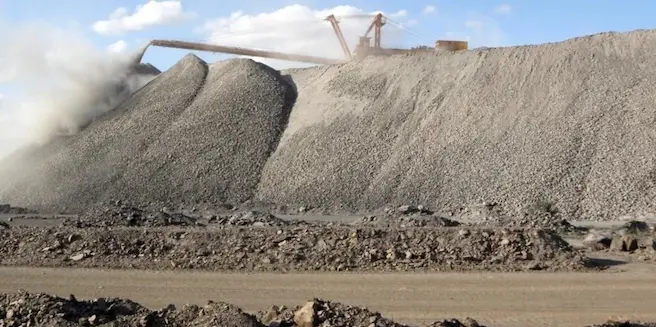
China is considering granting rare earth access to Indian auto part manufacturers, but strict conditions
In a significant development, China is reportedly considering granting rare earth access to Indian auto part manufacturers, but under strict regulatory conditions. This move comes amid global trade tensions and China’s tightening grip on rare earth exports, which has disrupted supply chains worldwide.
Rare earth elements are essential for modern vehicle production, powering everything from electric motors and sensors to fuel injection systems. With China controlling over 90% of global rare earth refining capacity, India’s automotive industry has been heavily dependent on Chinese supplies.
China’s Rare Earth Policy Shift
According to sources, at least 10 Indian auto component makers have received favorable endorsements from the Chinese embassy, a key step in securing a rare earth import license. However, no licenses have been granted yet, as approvals hinge on strict end-use conditions.
China’s new export regulations, introduced on April 4, 2025, require importers to meet stringent certification processes. Under these rules, rare earth materials can only be used for local, non-military operations, and the approval process can take up to 45 days.
Impact on India’s Auto Industry
India’s automotive sector is on edge, as rare earth shortages could disrupt vehicle production. Automakers have ramped up production to stockpile rare earth-dependent components, ensuring inventory lasts until mid-July.
Industry leaders, including Tata Motors, Mahindra & Mahindra, and Hyundai, have downplayed the impact, citing existing stockpiles. However, Maruti Suzuki may face production delays, as its rare earth supply chain remains uncertain
Government and Industry Response
The Indian government is actively engaging with Chinese authorities to expedite rare earth approvals. The Society of Indian Automotive Manufacturers (SIAM) has submitted a list of over 30 suppliers eligible for rare earth imports, but no official approvals have been granted.
Commerce Minister Piyush Goyal has emphasized the need for alternative supply chains, stating that India must reduce its dependence on Chinese rare earths. The government is exploring domestic rare earth extraction, but India’s refining capacity remains underdeveloped.
Global Trade Tensions and Rare Earth Monopoly
China’s tightened rare earth export controls are widely seen as a strategic response to U.S. trade tariffs. With China controlling the global rare earth supply, countries like India, Japan, and the U.S. are scrambling to secure alternative sources.
Japan’s Suzuki Motor Co. has already halted production of its Swift hatchback, citing rare earth shortages. Meanwhile, European automakers are exploring partnerships with Canadian and Australian rare earth suppliers.
Conclusion – Rare Earth Access
China’s potential approval of rare earth access for Indian auto part makers is a double-edged sword—while it could ease supply chain pressures, the strict conditions may limit India’s ability to secure long-term stability.
As India’s automotive sector navigates uncertainty, the race to diversify rare earth sources is more critical than ever. Whether China’s policy shift will benefit Indian manufacturers or create new challenges remains to be seen.
Stay updated with the latest news on Rapido Updates. Keep yourself updated with The World, India News, Entertainment, Market, Gadgets, Sports, and many more..